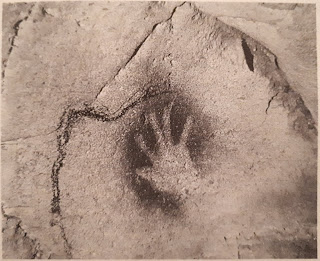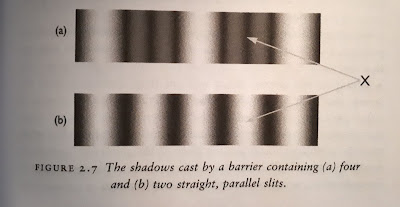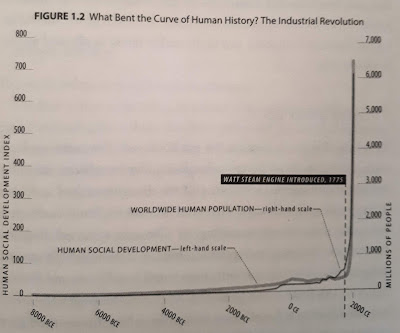Created in his own image

Book Review: Yuval Noah Harari, "Homo Deus: A Brief History of Tomorrow", Vintage, 2017. Previously, we saw how Homo sapiens was able to conquer the world due to a handful of key events: The Cognitive Revolution and emergence of fictive language about 70,000 years ago The extinction of American and Australian megafauna as well as other human species (like Neanderthals and Homo floresiensis ) by 13,000 years before the present The Agricultural Revolution and establishment of permanent settlements, kingdoms, scripts, money, and polytheistic religions between 5,000 and 12,000 years ago Empires, coinage, and monotheistic religions between 2,000 and 4,250 years ago The Scientific Revolution, Industrial Revolution, European colonialism, capitalism, and further extinction of plants and animals between 200 and 500 years ago Yuval Noah Harari concludes his "timeline of history" with the following ominous questions about the future: "Intelligent design beco...


